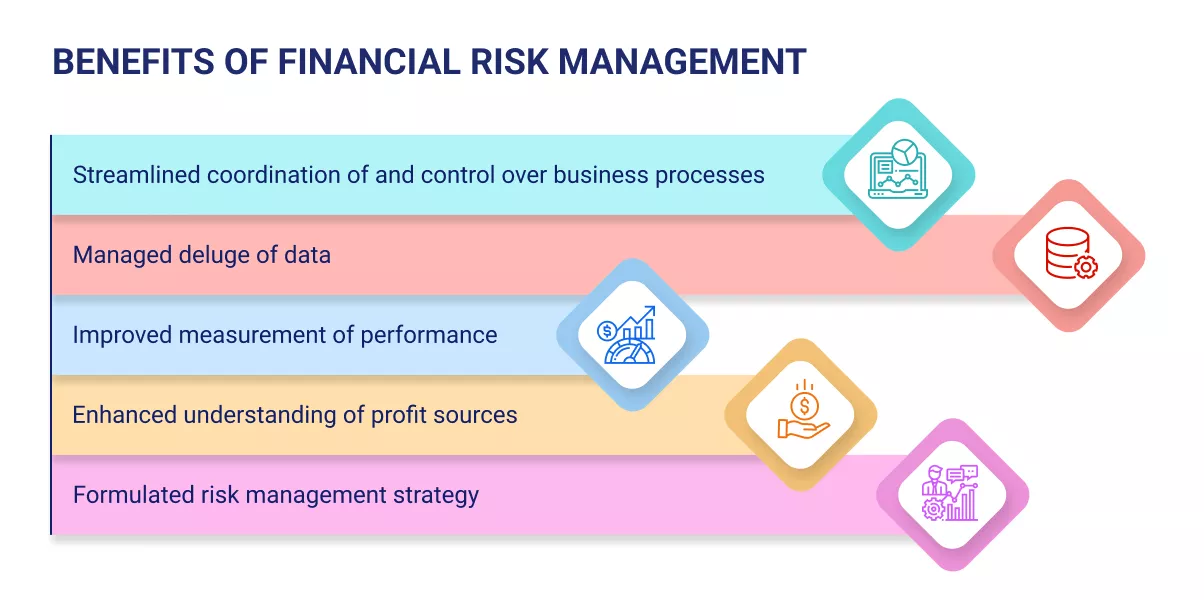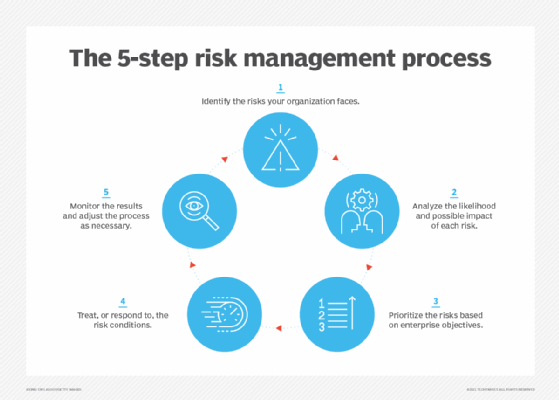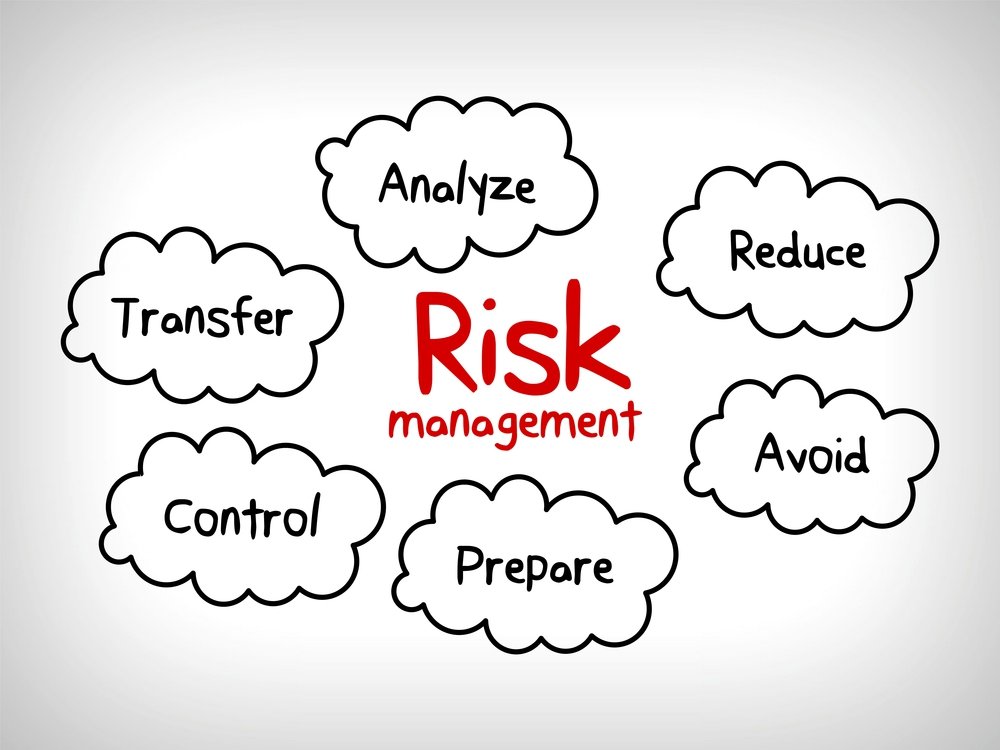The Relevance of Understanding the Significance of Risk Management in Various Industries

The Core Concept of Risk Management and Its Purpose
Risk Management, the keystone of many markets, pivots on the identification, examination, and reduction of uncertainties in a service setting. It is an important method that permits companies to safeguard their assets, reputation, and total survival. By correctly identifying prospective dangers, organizations can develop techniques to either stop these dangers from taking place or minimize their impact. The assessment process includes analyzing the chance and possible intensity of these risks. The mitigation procedure entails designing approaches to minimize their possible impact as soon as threats have been identified and assessed. This procedure is ongoing and intermittent, making sure that companies are prepared for the ever-changing nature of Risk in various sectors. The main function, therefore, is to foster resilience amidst uncertainties.
Advantages of Implementing Risk Management in Company Procedures

Unveiling the Duty of Risk Management in Different Industries
While every sector challenges its special collection of dangers, the application of Risk Management approaches continues to be an usual denominator in their pursuit of sustainability and growth. In the medical care field, Risk Management entails ensuring individual security and data defense, while in financing, it includes mitigating financial investment dangers and ensuring governing conformity. Eventually, the role of Risk Management across industries is to identify, examine, and alleviate threats.
Real-life Study Showing Effective Risk Management
To recognize the value of Risk Management in these several industries, one can look to numerous real-life circumstances that show the successful application of these procedures. In the power Check Out Your URL market, British Petroleum developed Risk mitigation plans post the 2010 Gulf of Mexico oil spill. They executed better safety procedures and more stringent laws which dramatically reduced additional mishaps. In finance, Goldman Sachs efficiently browsed the 2008 financial situation by recognizing prospective mortgage-backed securities threats early. Finally, Toyota, post the 2011 quake in Japan, modified its supply chain Management to reduce disruption threats. These instances demonstrate just how industries, gaining from crises, effectively applied Risk Management approaches to reduce future dangers.
Future Trends and Advancements in Risk Management Techniques
Cybersecurity, as soon as an outer issue, has catapulted to the forefront of Risk Management, with strategies focusing on reaction, avoidance, and detection. The assimilation of ESG (Environmental, Social, Administration) aspects right into Risk Management is an additional expanding pattern, mirroring the boosting recognition of the function that ecological and social threats play in company sustainability. Hence, the future of Risk Management exists in the fusion of sophisticated technology, innovative techniques, and an alternative method.
Final thought
To conclude, recognizing the value of Risk Management throughout a range of industries is crucial for their durability and prosperity. Tailored strategies can aid minimize prospective risks, protect possessions, and foster stakeholder count on. Furthermore, proactive decision-making aids in regulative conformity and optimizes source usage. Ultimately, effective Risk Management contributes to more resistant and sustainable businesses, highlighting the relevance of this technique in today's highly affordable and vibrant company atmosphere.
While every sector challenges its special collection of dangers, the application of Risk Management techniques remains a common denominator in their pursuit of sustainability and development. In the medical care sector, Risk Management involves making sure patient safety and security and information More Info defense, while in financing, it entails mitigating financial investment dangers and making sure governing conformity. Eventually, the role of Risk Management across industries is to identify, assess, and reduce threats. These situations demonstrate just how industries, finding out from situations, properly applied Risk Management Home Page approaches to minimize future risks.
